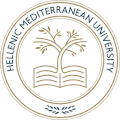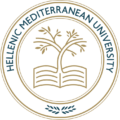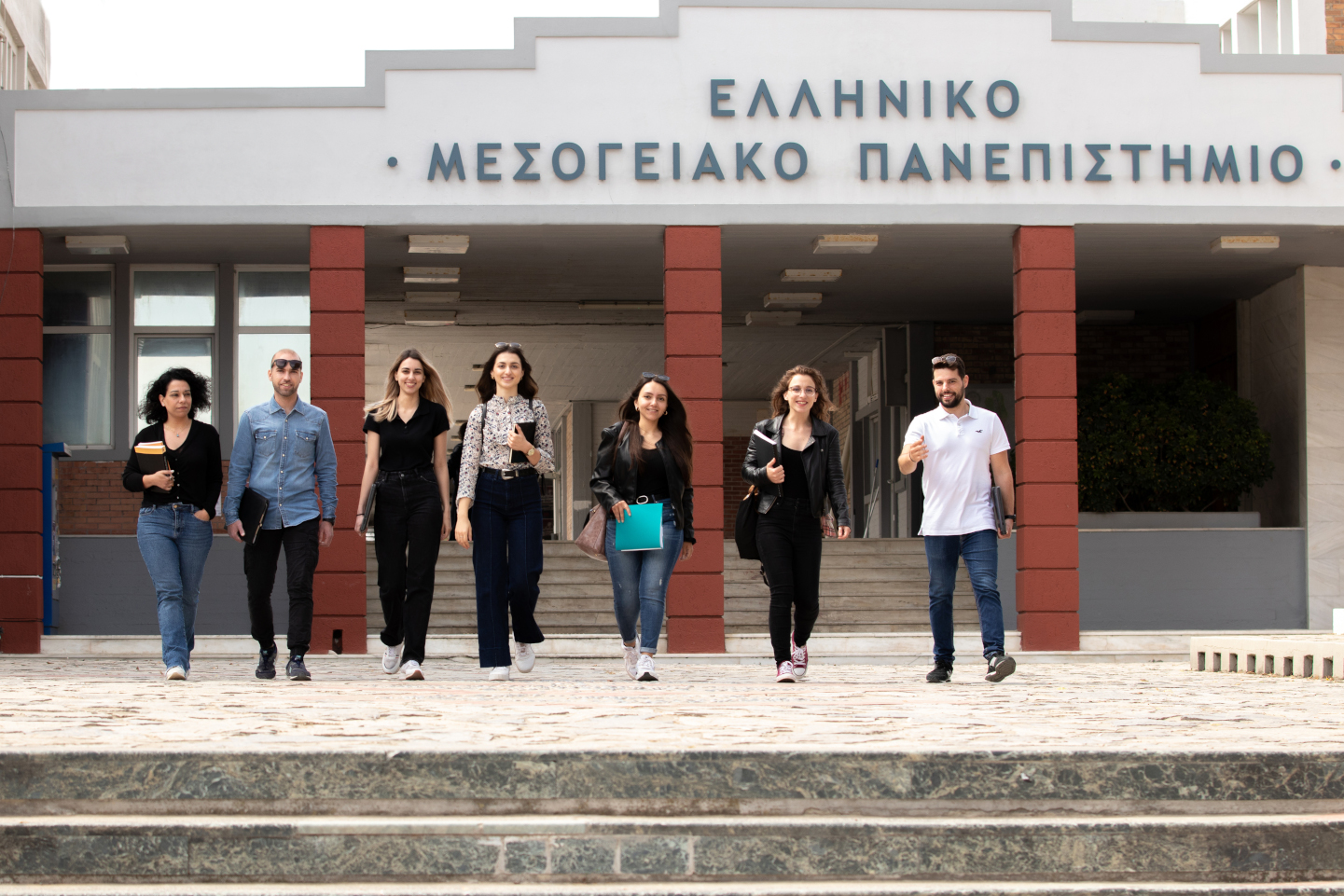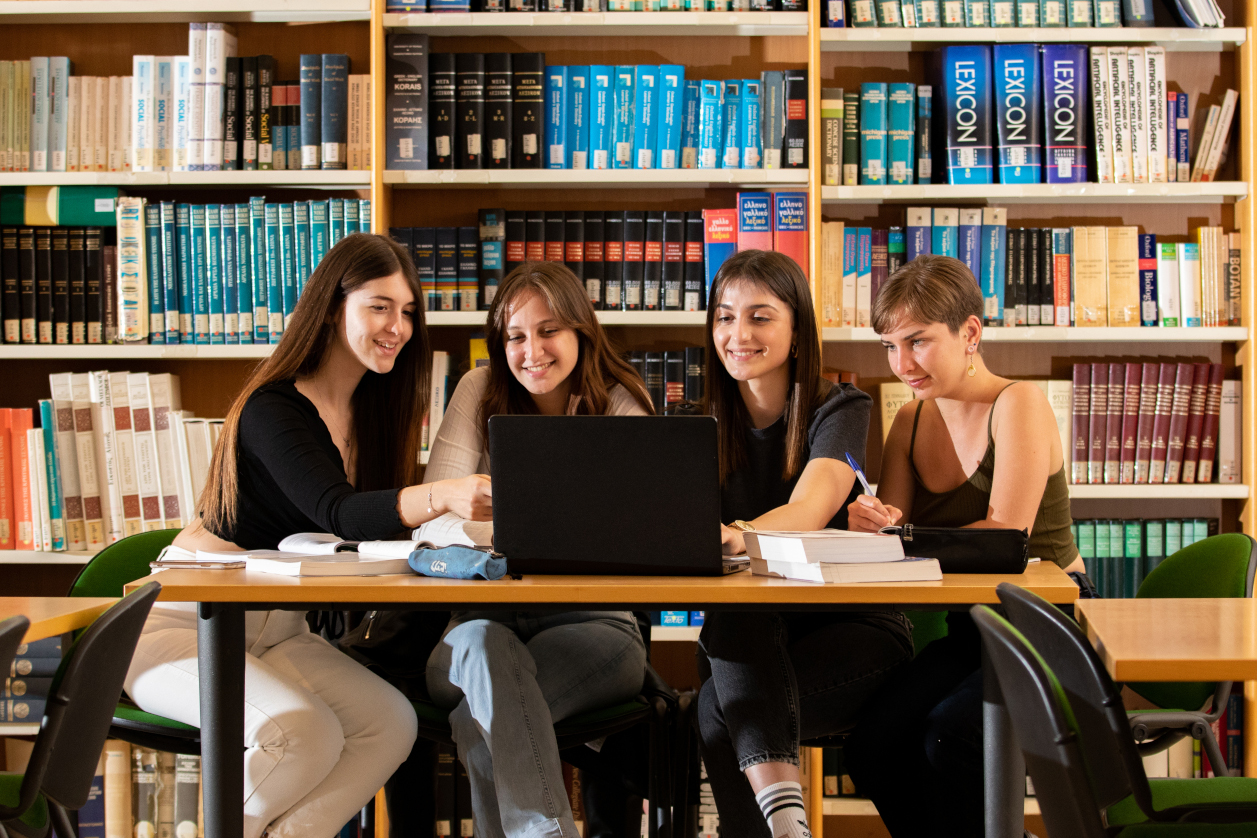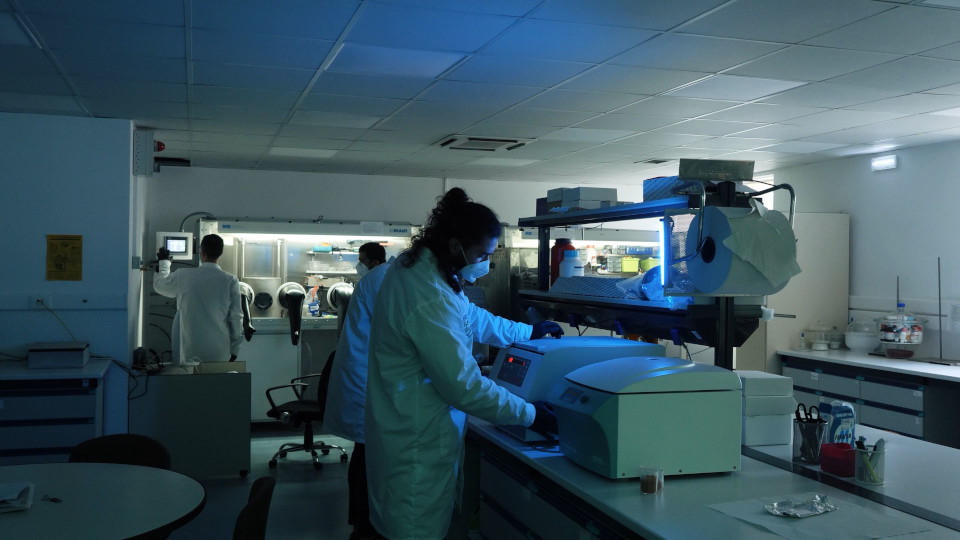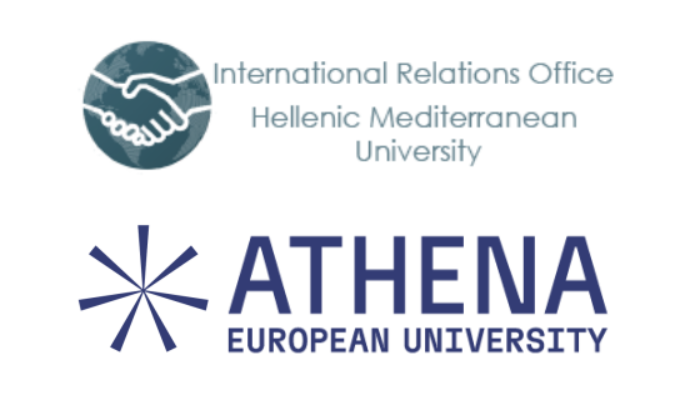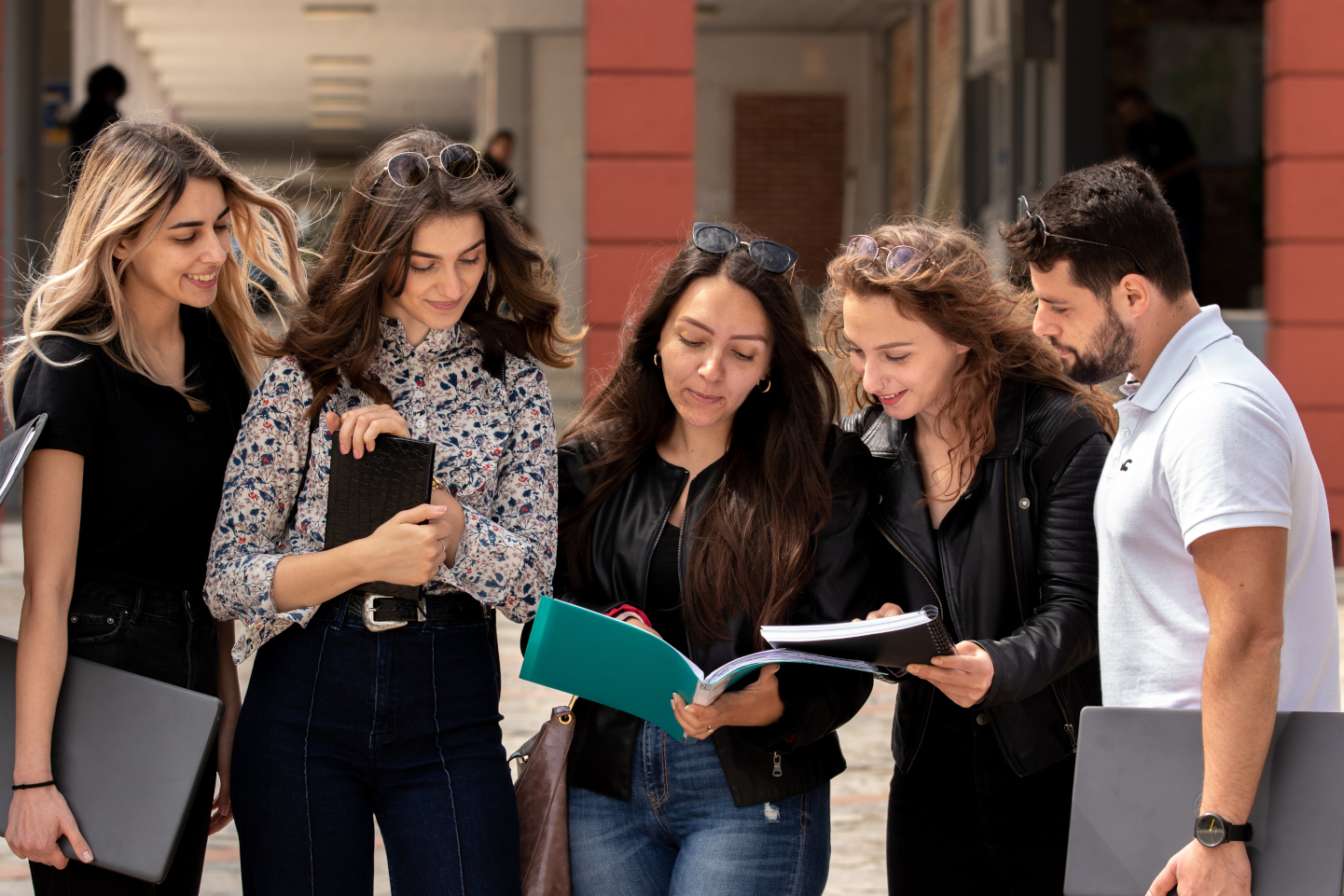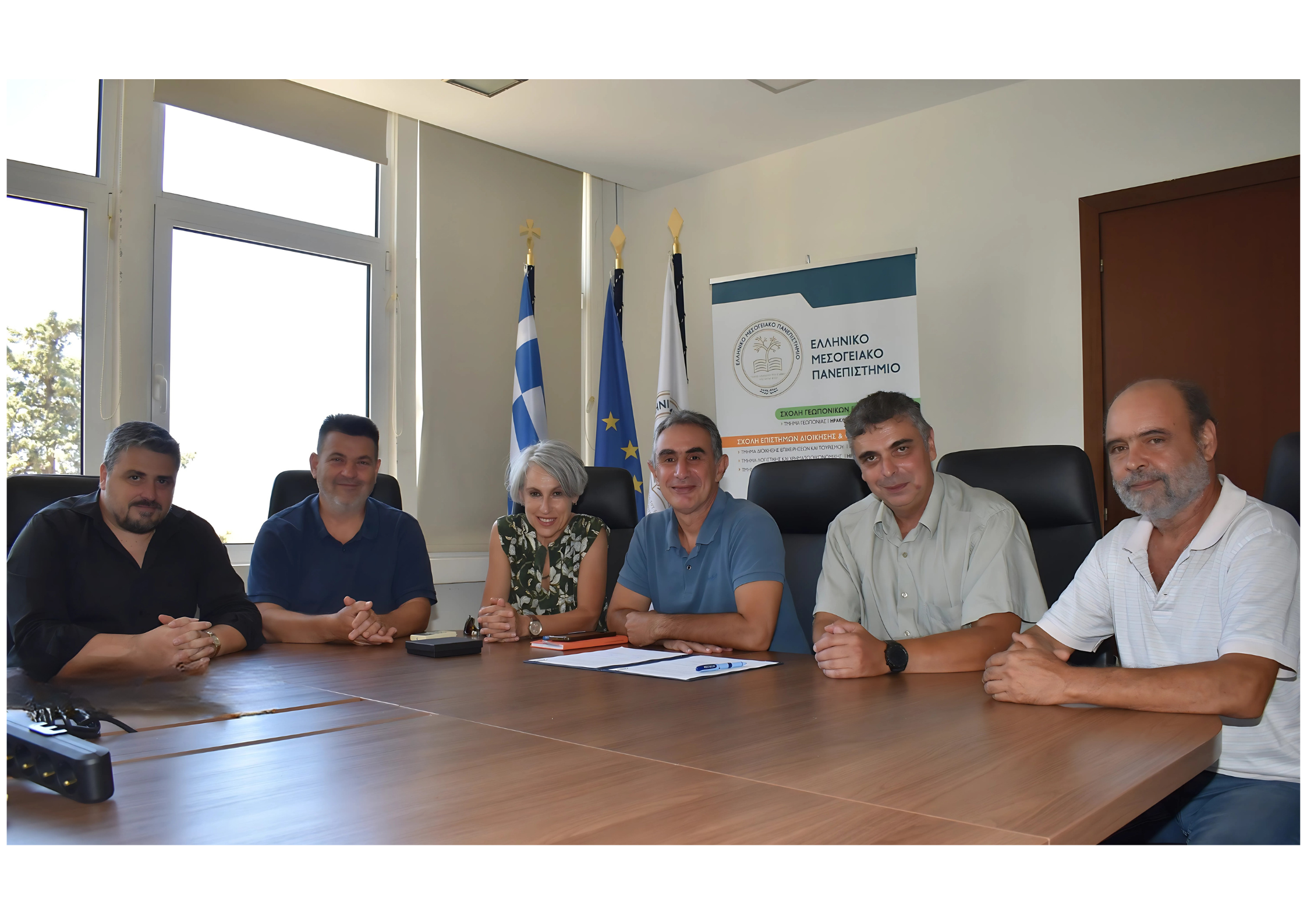A Memorandum of Cooperation between the Hellenic Mediterranean University (HMU) and the Environmental Education Center of Ierapetra–Neapoli (K.E.PE.A.) was signed on Wednesday, July 30, 2025, in the Senate meeting hall.
The K.E.PE.A. is one of the most active and recognized institutions of environmental education in Greece. It implements programs focusing on sustainable development, the management of natural resources, and the strengthening of environmental awareness, while at the same time promoting healthy nutrition and disease prevention as integral elements of everyday life. Through its collaboration with HMU, and more specifically with the Department of Nutrition and Dietetics, the foundations are laid for the joint development of initiatives with strong scientific and social impact.
The memorandum was signed by the Rector of HMU, Professor Nikos Katsarakis, and the Head of K.E.PE.A., Mr. Efstratios Mylonakis. Also present at the meeting were the Vice Rector for Finance, Planning, Development, and Student Welfare, Professor Nikolaos Vidakis; the Chair of the Department of Nutrition & Dietetics, Associate Professor Anastasia Makraki; the Department’s Laboratory Teaching Staff member, Mr. Georgios Tsikalakis; and the Deputy Head of K.E.PE.A., Mr. Charidimos Vamvoulakis.
The main pillars of cooperation include:
-
Scientific and pedagogical support for the activities of K.E.PE.A. by the Department, ensuring the validity and high quality of the knowledge conveyed to the educational community.
-
Internships for students of the Department in K.E.PE.A. programs, strengthening the link between theoretical education and practical application.
-
Support for research initiatives and the development of new joint activities, particularly in matters of nutrition, environment, and health.
-
Organization of joint educational and training activities, such as seminars, workshops, and distance-learning programs for students, teachers, and the wider society.
-
Collaboration in national and European projects, enhancing the ability to attract funding and implement initiatives with significant social and scientific impact.
